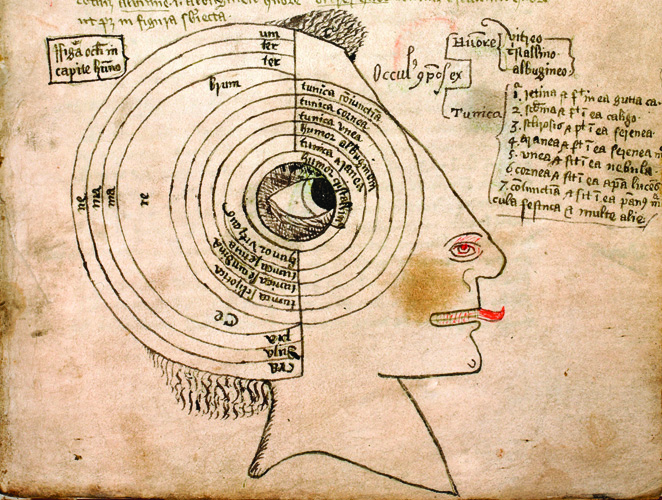When one speaks of memory, they more often than not mean one of two things. Memory refers mainly to 1) the ability of recalling to mind past experiences, knowledge, and even vague, seemly unformed ideas, like half-dreams, or illusory sense details; or else 2) the conscious, here-and-now presence of those exact thoughts upon the person. With this second meaning, memory is experienced as the opposite of an ability (like trying to remember the digits of π, or the trivial order of U.S. Presidents, etc.) and connotes instead a kind of involuntary mental flash, an unprovoked assault of emotions, remembrances that well up as though cast by a spell (or, as Proust attests, an olfactory spirit), thus triggering an unintentionally potent emotional consciousness, itself unpredictably recalled. Memory is a human enterprise as much as it is an alienating shock to the system. The question then arises as to whether this is a case of one word meaning two separate experiences – two unique phenomena – or whether these oppositional characteristics are both, paradoxically, essential features of this profound thing we call memory.
Evoking the concept of memory, Francis Bacon in The Advancement of Learning describes two categories of student assessment practiced in medieval universities (by way of being critical of their supposed distinction): verbatim and ex tempore. Verbatim (still in our colloquial) denotes the quoting in complete passages of existing discourse in order for students to buttress the persuasiveness of an argument or stake directional paths through logical conundrums. This oral feature of ancient societies is today often distained as rote, insulating a kind of automaton-like inhumanity, even though what has replaced the by-gone culture of oral memorializing is one that leaves all data collection and storage to an entirely externalized machine (more often than not, one branded Google). Humanity in effect is perhaps now nothing but the retrievers of answers; we are the dogs of microchips.
On the other hand, ex tempore (modified in the adjective/adverb form extemporaneous/ly) responds to prompts and academic quagmires through more personalized, off-the-cuff remarks designed to highlight either a learned mind or an ignorant one, a sharp philosopher or a stumped lollygag. Ex tempore refers to the impromptu – what Bacon calls “present” (anticipating Bergson’s vitality) – spontaneity essential to human culture that should not be overlooked by grand systems of organization, least not education.
In a surprisingly modern twist, Bacon goes onto the argue that poetry (“poesy”) is evidence that even the presence of blocked intellect (i.e. one who fails at both verbatim and ex tempore) does not prove the quality of mind:
Poesy is a part of learning in measure of words for the most part restrained, but in all other points extremely licensed, and doth truly refer to the Imagination; which, being not tied to the laws of matter, may at pleasure join that which nature hath severed, and sever that which nature hath joined, and so make unlawful matches and divorces of things.
In other words, the existence of poetry is proof that this complimentary duality of verbatim and ex tempore is in no way comprehensive of the human mind (or the so-called “domiciles” of Early Modern understanding: Memory, Rationality and Imagination). Herein, memory’s disputed territory is further obscured by its conceptual collision with Imagination, or invention: “unlawful matches” “not tied to the laws of matter”. This creative hybridity is something usually not associated with a memory, until of we realize that, in an age where reference to Rashomon is commonplace, this dynamic understanding of memory as not mere recall is hardly controversial. The concept of a “mnemonic device” is another classic example of how correlative data requires an element of fantasy in order to work with any consistency. The advent of clockworks and increasingly complex navigational tools during this period further lead to Bacon’s pre-Romantic notion that Nature was a machine – a kind of God-clock – of which human endeavors work to uncover little-by-little proof of its ingenious intricacies. No wonder then that Romantics (after Alexander von Humbodt) insist poetry (and the Arts in general) is essential for any scientific understanding.
Applied to the phenomena of memory, memories are analyzed not because they exist but because they are experienced. As much as the research sciences delve into the human mysteries of memory (through neuroscience, the psychological study of PTS and trauma, AI and cognitive robotics, etc.) there will still exist the profound need to creatively express our memories in words, in language, in songs, and in poems. The conundrum then of the contradictory definitions of memory is not located internally in their descriptions per se, but in their non-poetic state, in their failure to account for the creative imperative of memory.

